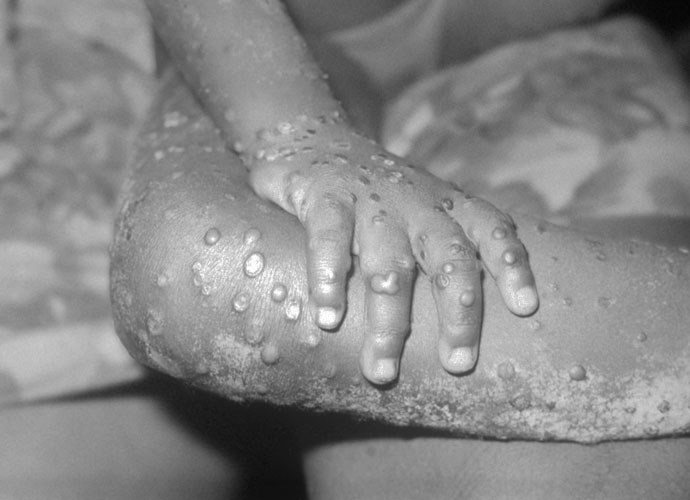Health Experts Sound Alarm About New Mpox Threat In The U.S. After Nearly 1000 Deaths In Africa
A more severe strain of the mpox virus has emerged as a global health emergency – but infectious disease experts are cautiously optimistic about the potential impact on the United States.
Mpox is an infectious viral disease that can be passed through both humans and animals. Symptoms include fever, swollen lymph nodes, rashes and blisters. The illness is usually mild, and most infected individuals recover within a few weeks without treatment.
The detection of a clade I variant believed to be more transmissible and cause more severe illness, has raised concerns, particularly in the wake of a large ongoing outbreak in the Democratic Republic of Congo (DRC) and its subsequent spread to other African nations.
The risk of this clade I variant reaching the U.S. may be mitigated by several factors, such as the existent immunity from the 2022 mpox outbreak, the lack of viral circulation in wild animals and the strong healthcare access and public health infrastructure. However, experts warn against complacency, as the full extent of the protection offered by the current Jynneos vaccine against clade I remains unknown.
The World Health Organization has reinstated the status of mpox as a public health emergency of international concern, a response to the surge in clade I cases in the DRC. While the CDC has not yet reported any clade I cases in the U.S., the agency has urged healthcare providers to be on the lookout for this variant. Numerous surveillance systems are in place, such as wastewater monitoring and testing protocols, to ensure early detection and containment.
Experts emphasize that the perceived severity of clade I may be influenced by the specific populations affected, their immune status and the routes of transmission. The encouraging results from a clinical trial in the DRC, where participants received high-quality medical care and experienced a lower mortality rate, offer hope that the U.S. healthcare system can effectively manage the impact of this variant.
However, the global disparity in vaccine access remains a concern, and the DRC faces a severe shortage. In contrast, the U.S. has an adequate supply of the Jynneos vaccine, which is expected to provide protection against both clade I and clade II mpox variants.
Children have accounted for two-thirds of the approximately 20,000 suspected cases and three-quarters of the 975 suspected deaths in the DRC since January 2023, according to the CDC. The DRC outbreak has seen a significant sexual transmission of clade I among both gay men and female sex workers.
RELATED ARTICLES
Get the most-revealing celebrity conversations with the uInterview podcast!







Leave a comment